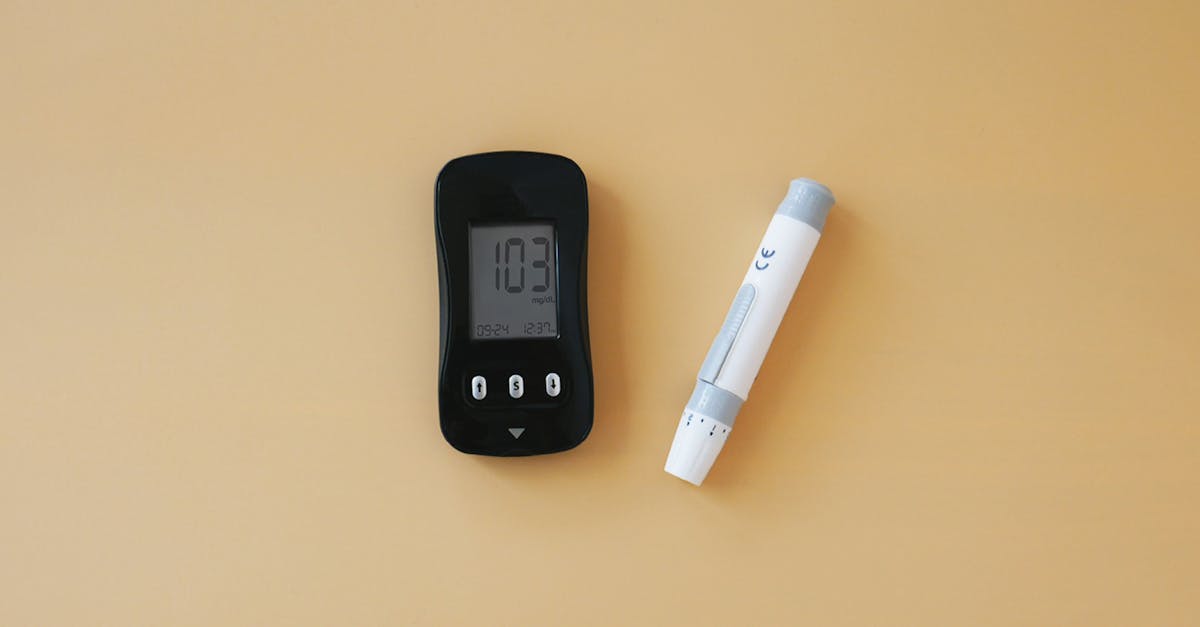Published on:
8 min read
Gestational Diabetes Uncovered: Your Comprehensive Guide to Managing Health During Pregnancy
Gestational diabetes can be a concerning diagnosis during pregnancy, but with the right knowledge and support, it can be effectively managed. This comprehensive guide covers essential information on risk factors, monitoring, dietary changes, and lifestyle adjustments to ensure a healthy pregnancy for both mother and baby.

Understanding Gestational Diabetes
Gestational diabetes is a form of diabetes that develops during pregnancy when the body cannot produce enough insulin. This condition typically arises in the second or third trimester and can affect your health and the health of your baby if left unmanaged. Risk factors include being overweight, having a family history of diabetes, or delivering a large baby in the past. Women with gestational diabetes often experience no symptoms, so routine screening and balance in care are crucial. Understanding how to monitor glucose levels can be empowering, allowing pregnant individuals to take proactive steps toward their health.
Dietary Changes for Blood Sugar Control
Managing gestational diabetes heavily relies on dietary modifications. Nutrition plays a pivotal role in stabilizing blood sugar levels. A balanced diet rich in whole grains, lean proteins, and plenty of fruits and vegetables is essential. It's vital to focus on complex carbohydrates, such as brown rice and whole grain bread, instead of simple sugars that can cause spikes in blood sugar. Additionally, being mindful of portion sizes and meal timings helps in managing glucose levels effectively. Collaborating with a registered dietitian can provide tailored meal plans and ensure nutritional needs are met, setting the stage for a healthy pregnancy.
The Importance of Physical Activity
Regular physical activity is another cornerstone in managing gestational diabetes. Engaging in moderate exercise, such as walking, swimming, or prenatal yoga, can enhance insulin sensitivity and improve blood sugar regulation. Aim for at least 150 minutes of moderate aerobic activity each week, as recommended by health experts. Exercise not only aids in managing glucose levels but also reduces stress and promotes overall wellness during pregnancy. Always consult with your healthcare provider before beginning any exercise regimen to ensure safety for both you and your baby.
Conclusion: Empowering Your Pregnancy Journey
Managing gestational diabetes requires commitment and a proactive approach to health. By understanding the condition, making necessary dietary changes, and staying active, you can ensure a healthier pregnancy for you and your baby. Remember to stay informed, seek support from healthcare professionals, and connect with others who share similar experiences. Empowerment is key in navigating this journey effectively.
Published on .
Share now!










